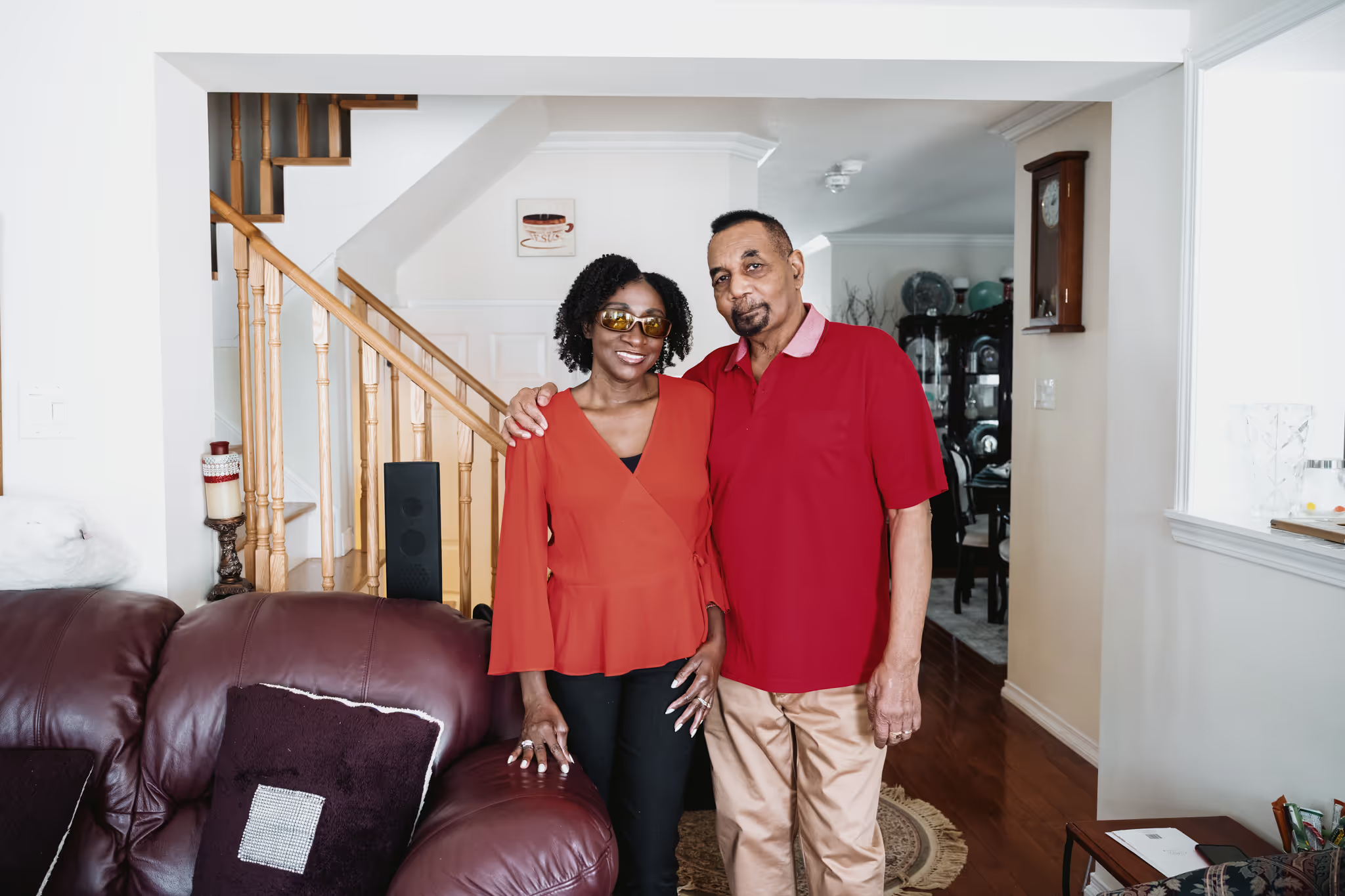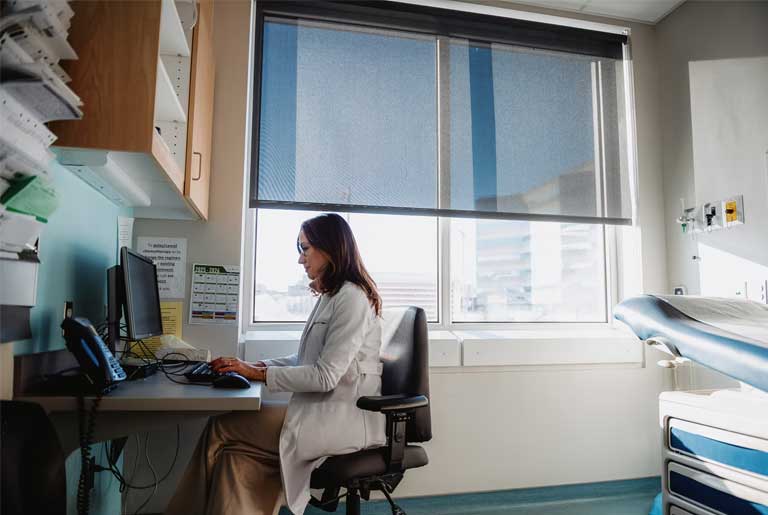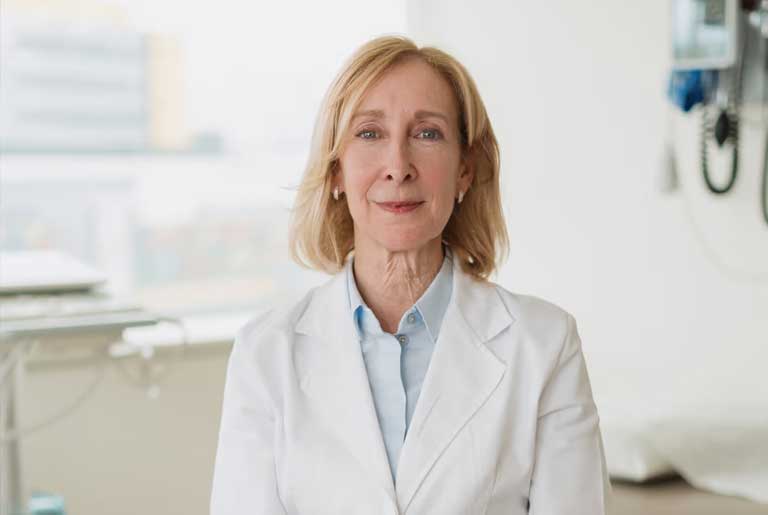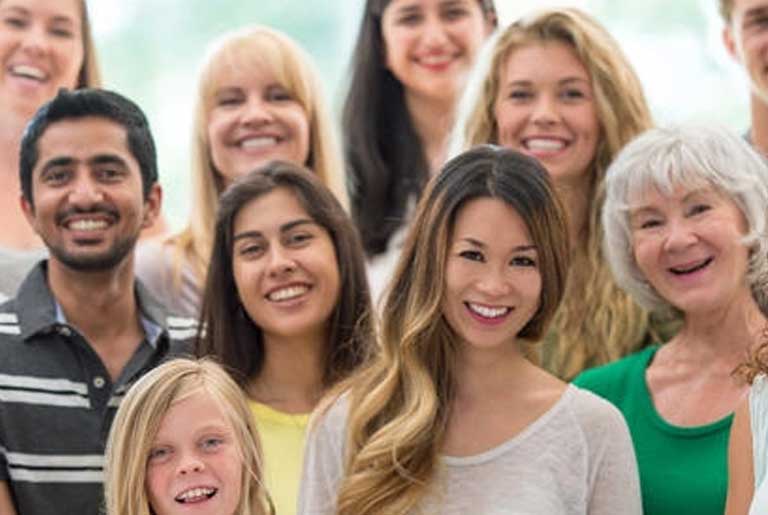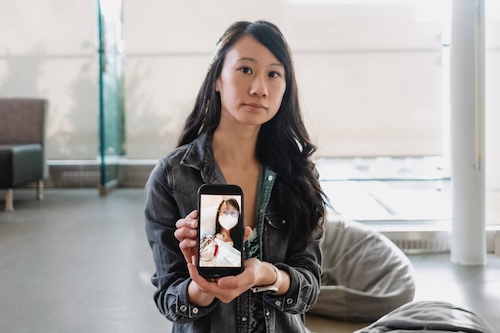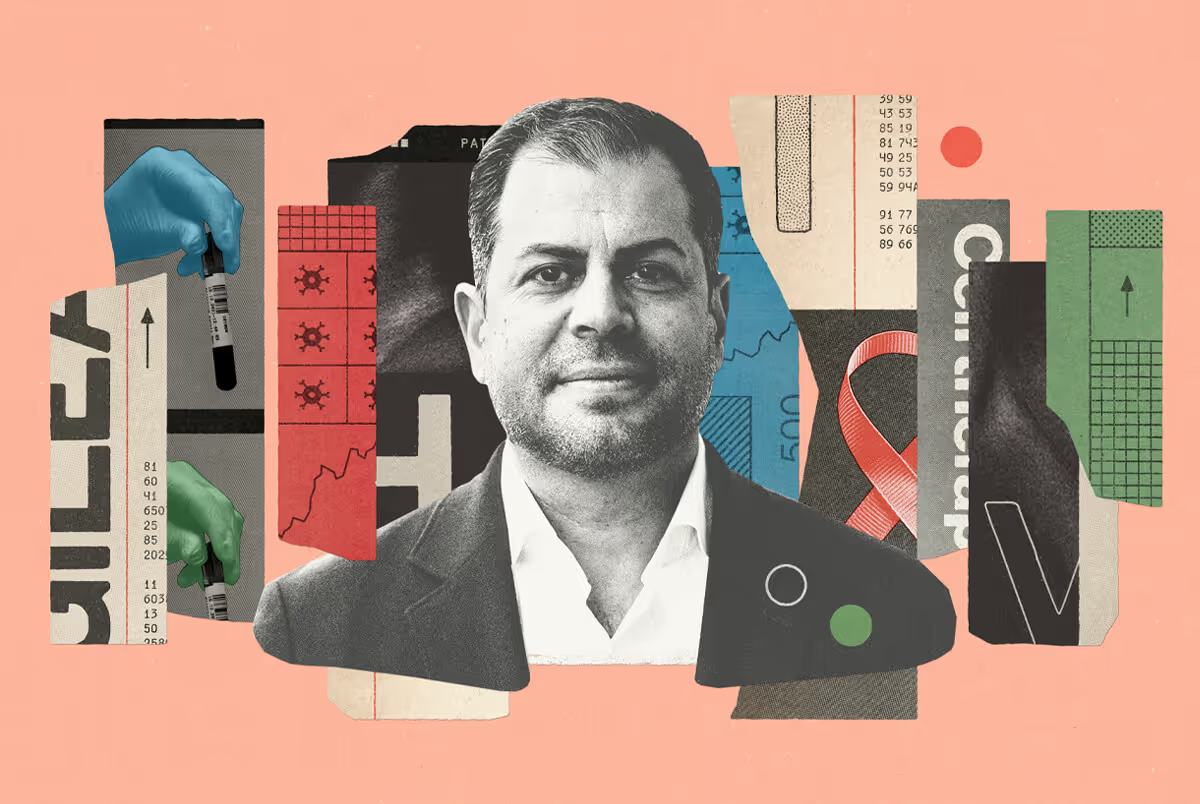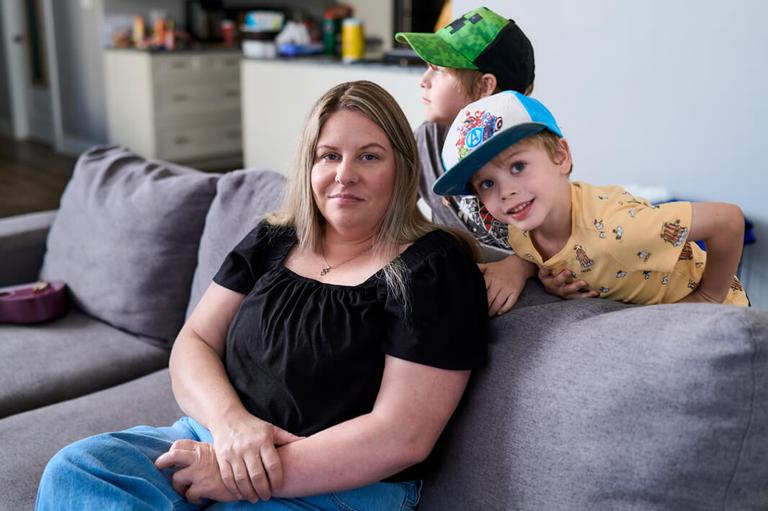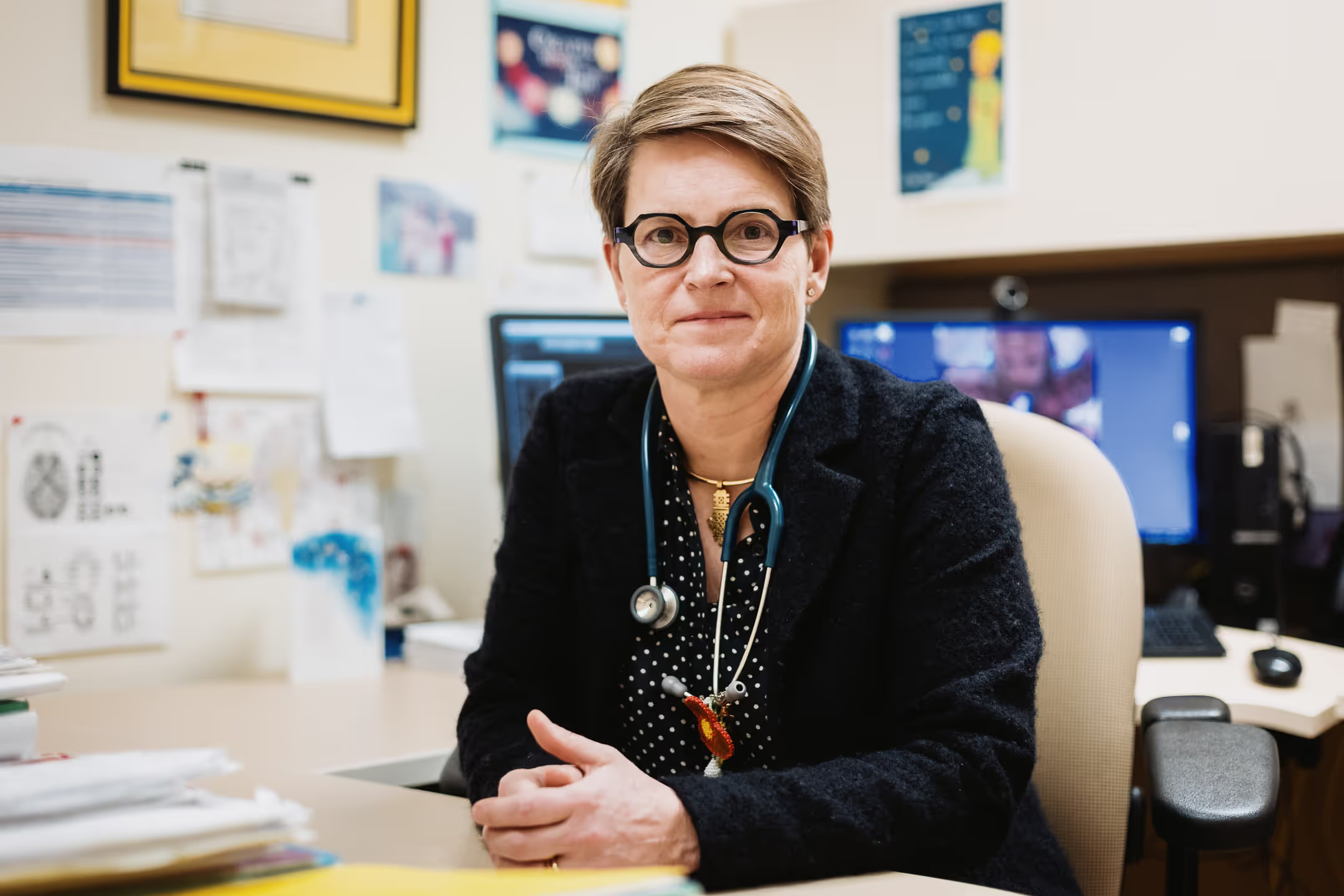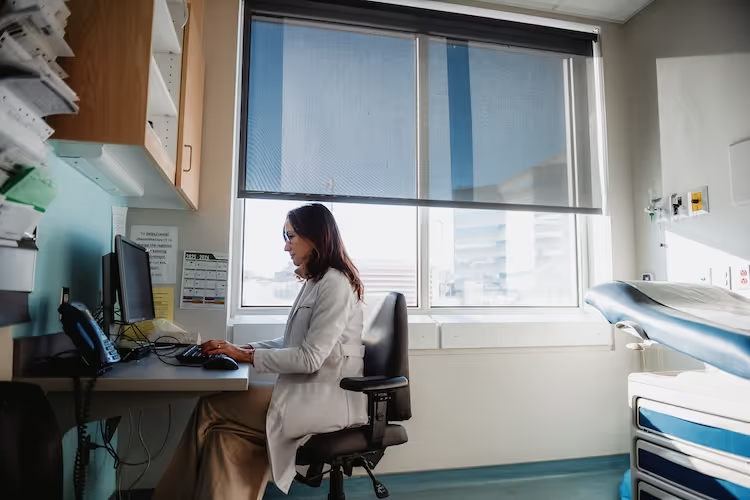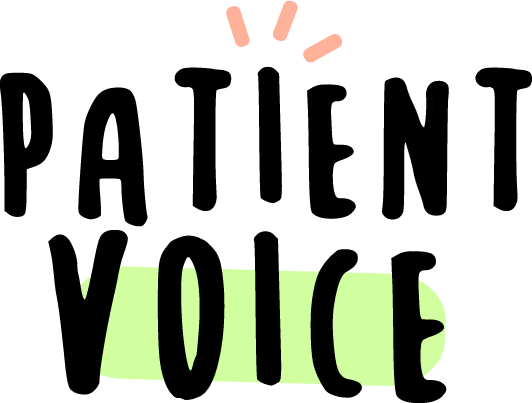“In 2011, I went from feeling fine on Friday to being on death’s door by Monday. I was admitted to the hospital with my eyes swollen shut and blisters covering 95% of my body. I had to be fed by a nasogastric tube because of blisters in my mouth and throat.
But although I was in so much pain, I remember listening intently to every word the doctors said. I have a nursing background and I wanted so badly to understand what was going on. But when someone finally said, ‘It looks like Stevens-Johnson Syndrome,’ that wasn’t something I’d ever heard of. The doctor said it was the first case he’d ever seen in his life.
“This is an extremely rare disease, but there are 20 of us and counting spread across the country and, through the internet and Zoom, we’re able to connect with and support survivors and their families all over the world.”
By the time I was released from the hospital 6 weeks later, my entire body had regrown new skin. It was as though I’d been dipped in a pot of hot oil. The disease had burnt my eyebrows and eyelashes off. My dark skin tone was now a polka dot patchwork. When I looked in the mirror, I didn't recognize myself. My husband had to warn people before they visited me, to prepare them for the fact that I looked like a totally different person.
And it’s not just that I didn’t recognize myself in the mirror anymore. My new skin is so delicate, extremely sensitive to heat and cold, and bruises so easily. Bright light affects my eyes so much that I take 45 minutes to open them each morning. It’s so hard for me to read or use electronic devices. I’m in a state of weakness 24/7. Stevens-Johnson Syndrome has taken the best parts of my life.
Despite all that, I truly feel that every day is a blessing. Researching this illness has connected me with a community. This is an extremely rare disease, but there are 20 of us and counting spread across the country and, through the internet and Zoom, we’re able to connect with and support survivors and their families all over the world. I still don’t know what caused my illness, but it’s usually an adverse reaction to medication or something in the environment. Educating and supporting others so that Stevens-Johnson Syndrome can be avoided or promptly identified brings me joy. What I want most of all is to know that the next person who goes through this won’t have to go through it alone.”
